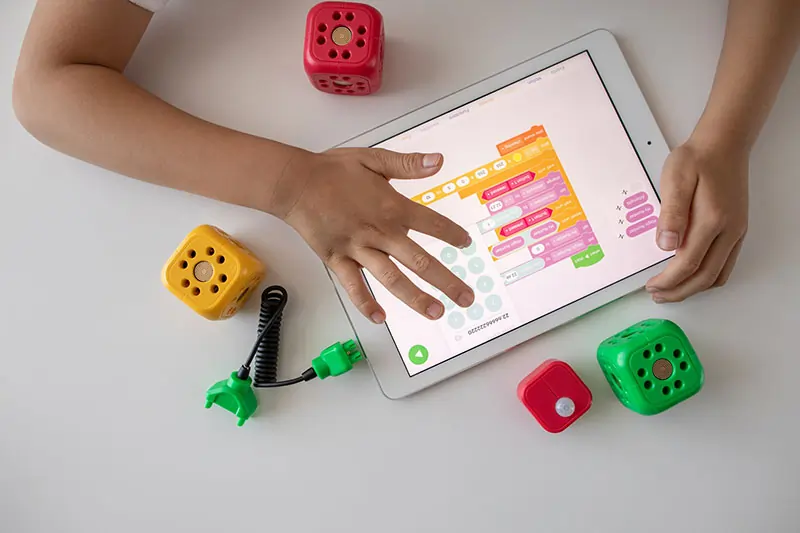Making Online Gaming A Positive and Educational Experience

It is estimated that about 91 percent of kids between the ages of 2 and 17 play video games. Research shows that this pass time can hone cognitive skills, including initiative-taking and goal setting. Yet, not all content is suitable for young children and, without proper limits in place, games may crowd out critical activities, such as socializing in person, sleeping, and doing schoolwork. In what follows, we break down five effective strategies for helping children have a positive and educational gaming experience online.
1. Set healthy limits and clear goals
Setting limits for your children’s video game time is crucial for a healthy balance. Work on this process together and determine when, where, and how long gaming is acceptable. For instance, make it off-limits during meals or homework. Consider age-appropriate guidelines. The American Academy of Pediatrics suggests allocating 30 to 60 minutes of gaming on school days and 2 hours or less on weekends for kids over 6. Younger children, on the other hand, should stick to 30-minute sessions.
2. Get involved
Being actively involved in your child’s gaming habits is vital. Ensure that you are fully aware of the games they play, and set rules regarding which content is appropriate and which isn’t. Additionally, make an effort to understand who their online gaming friends are, just as you would with offline friends. Discovering games you both enjoy can transform gaming into quality bonding time as well. Bubble Shooter, Pictionary, and Mancala are some engaging and free-of-charge games that you can try out together. With that in mind, be respectful of your child’s wishes if they prefer solo play, as some games may hold personal significance to them.
3. Introduce fun offline activities
Introducing offline activities for children is crucial to reduce screen time. Some kids turn to screens for a sense of acceptance they can’t find offline. Encouraging them to discover enjoyable solo or family activities or join local clubs fosters healthier, fulfilling alternatives. Coloring, puzzles, outdoor play, or board games are some of the many offline options you can try out together. Not only do they positively impact young people’s development, but they also foster in-person social interaction.
4. Try out educational games
Online educational games offer numerous benefits for children. By imposing time limits, they promote decision-making and problem-solving skills. Learning games make learning engaging and enjoyable, allowing young learners to absorb information much faster and develop their creativity. According to a study by the University of the Basque Country, about 80% of parents who have engaged in educational games with their kids find them useful when it comes to solving math problems and acquiring basic vocabulary.
While engaging your child in online gaming activities, it’s beneficial to include options that not only entertain but also introduce educational elements. For instance, exploring platforms that offer specialty experiences like unlocking and opening highly sought-after CSGO and CS2 cases can add an intriguing aspect of strategy and anticipation. These unique digital environments encourage decision-making skills as players choose from a variety of CSGO cases, blending fun with cognitive development.
5. Be open about the impact of gaming
Lastly, it’s important to be clear about the negative impact gaming can have on well-being when there are no healthy limits in place. Excessive gaming can make a young person feel in less control of what they are doing. They may be immersed in their favorite games instead of doing schoolwork, sleeping, eating well, and spending quality time with friends and family. Be clear about why this is a problem and why it is important to find a healthy balance.
To conclude
Playing online games can be fun and rewarding for young people. As a parent or guardian, you can help your child have a positive experience that prioritizes their well-being by setting limits, getting involved, encouraging offline activities, trying out educational games, and being transparent about the impact of excessive gaming.
